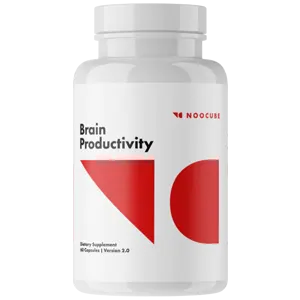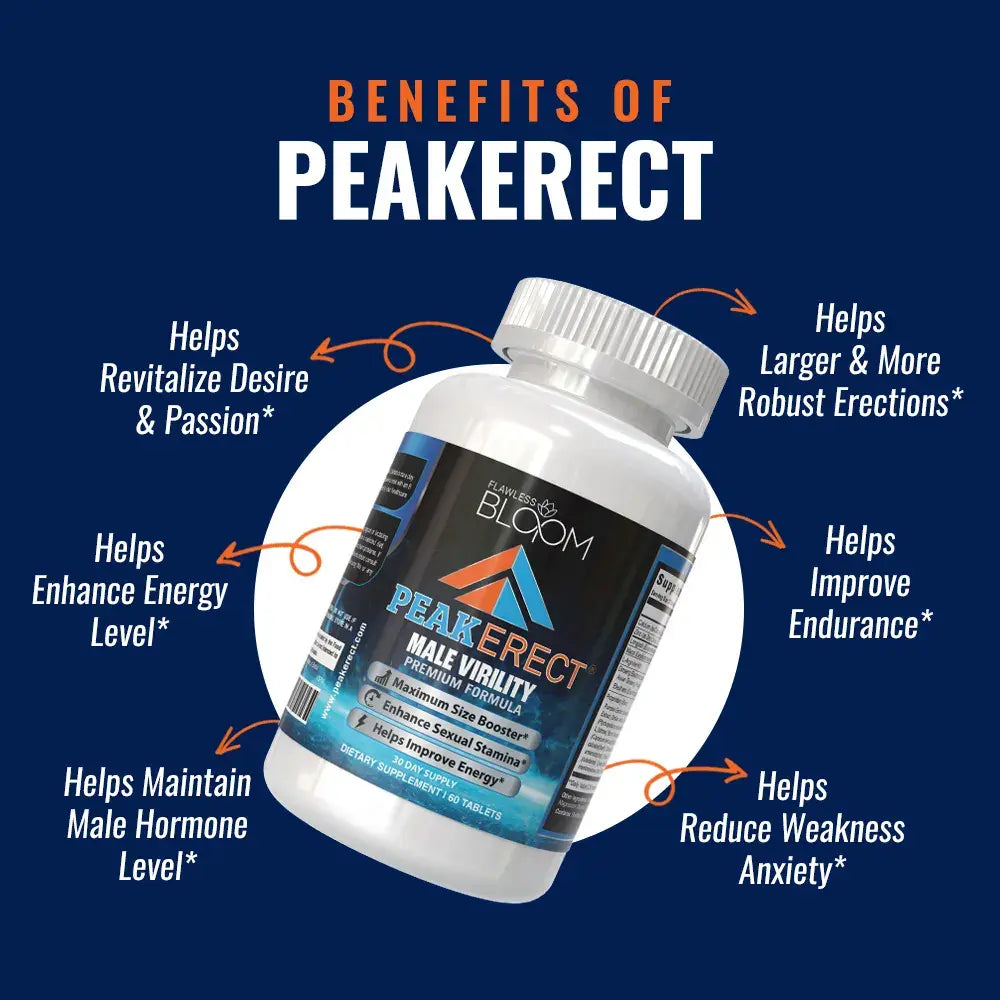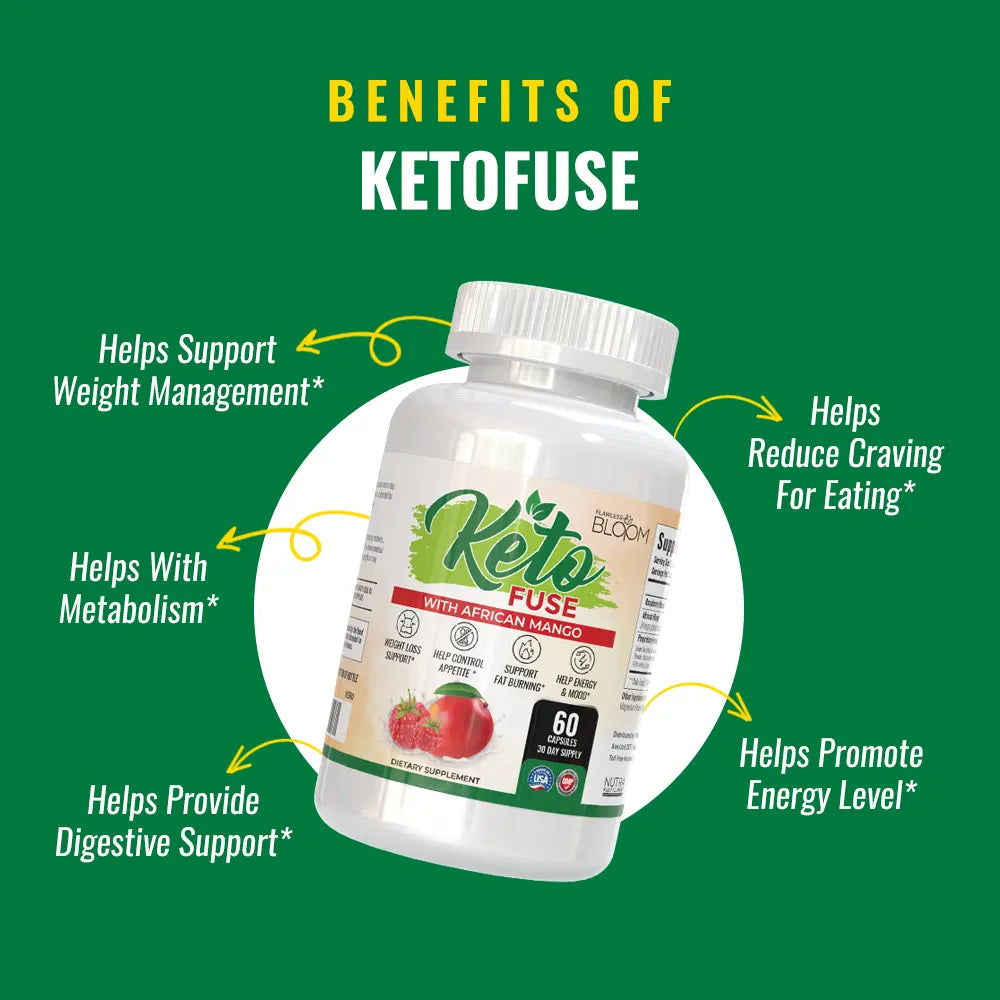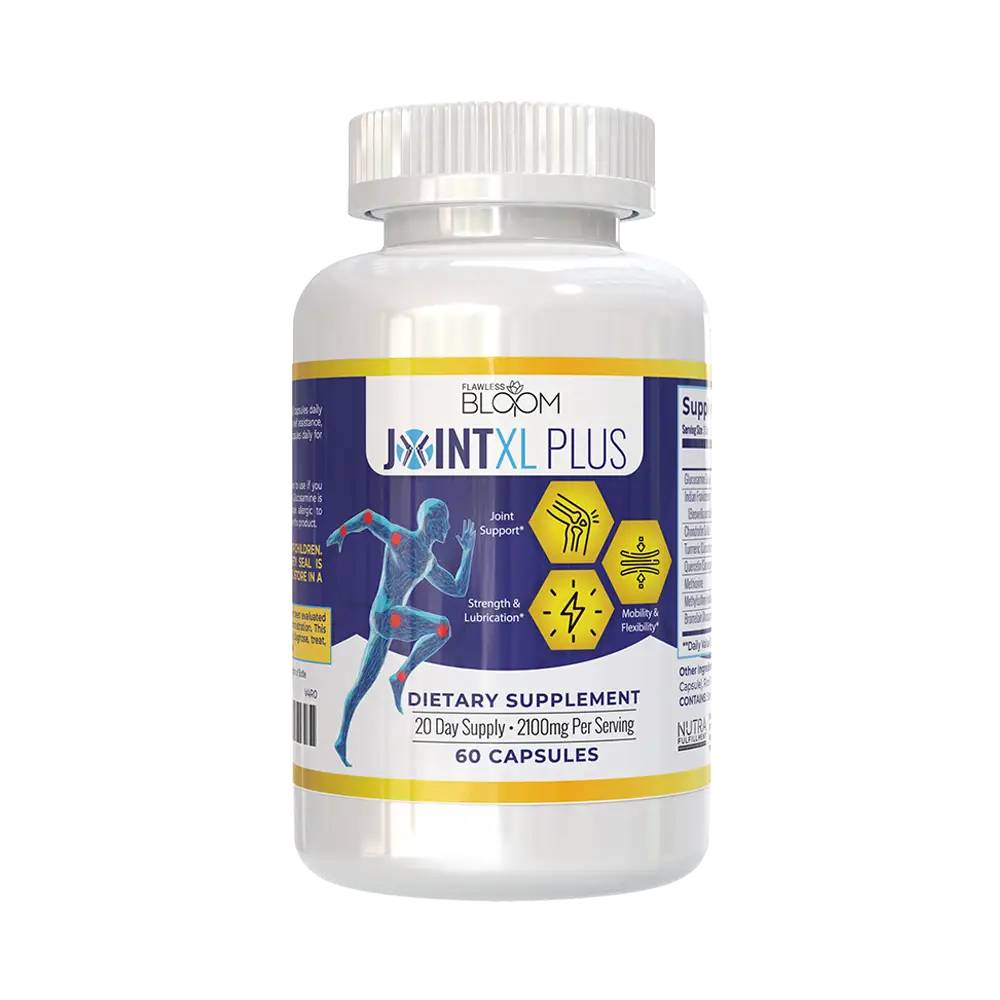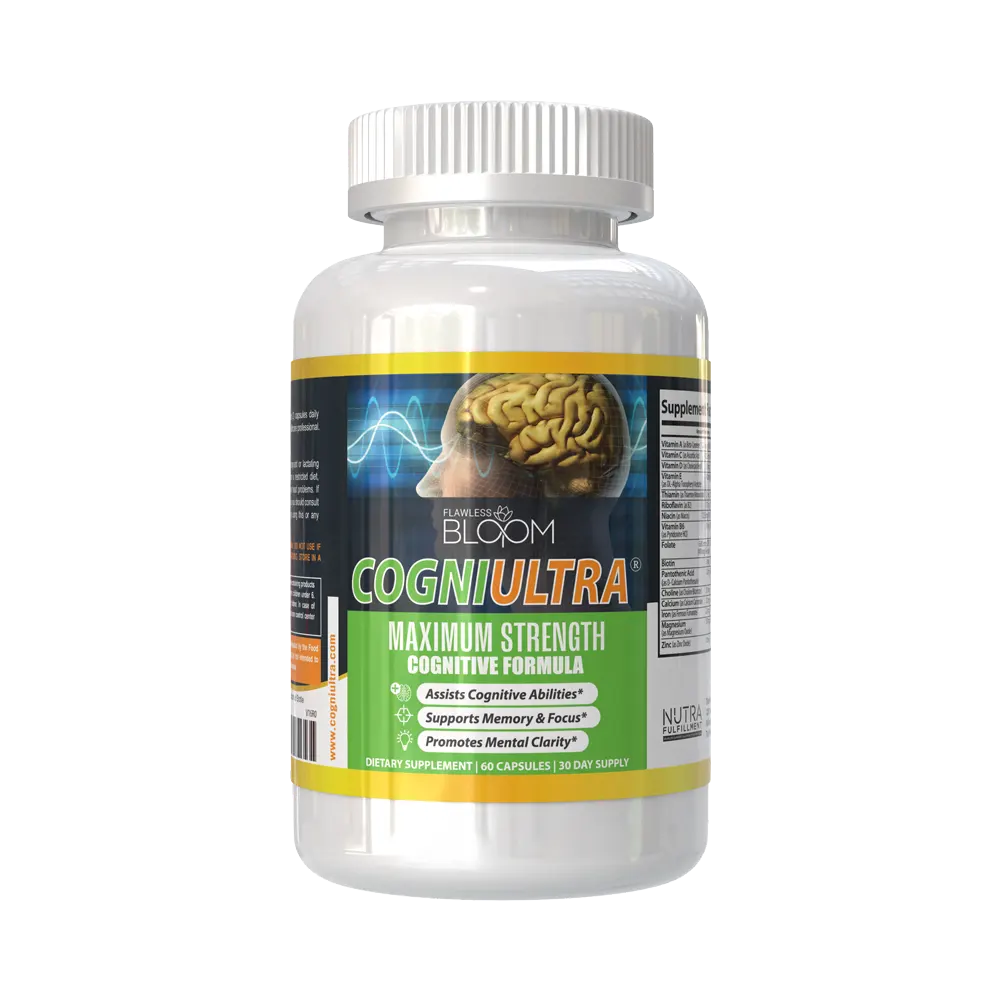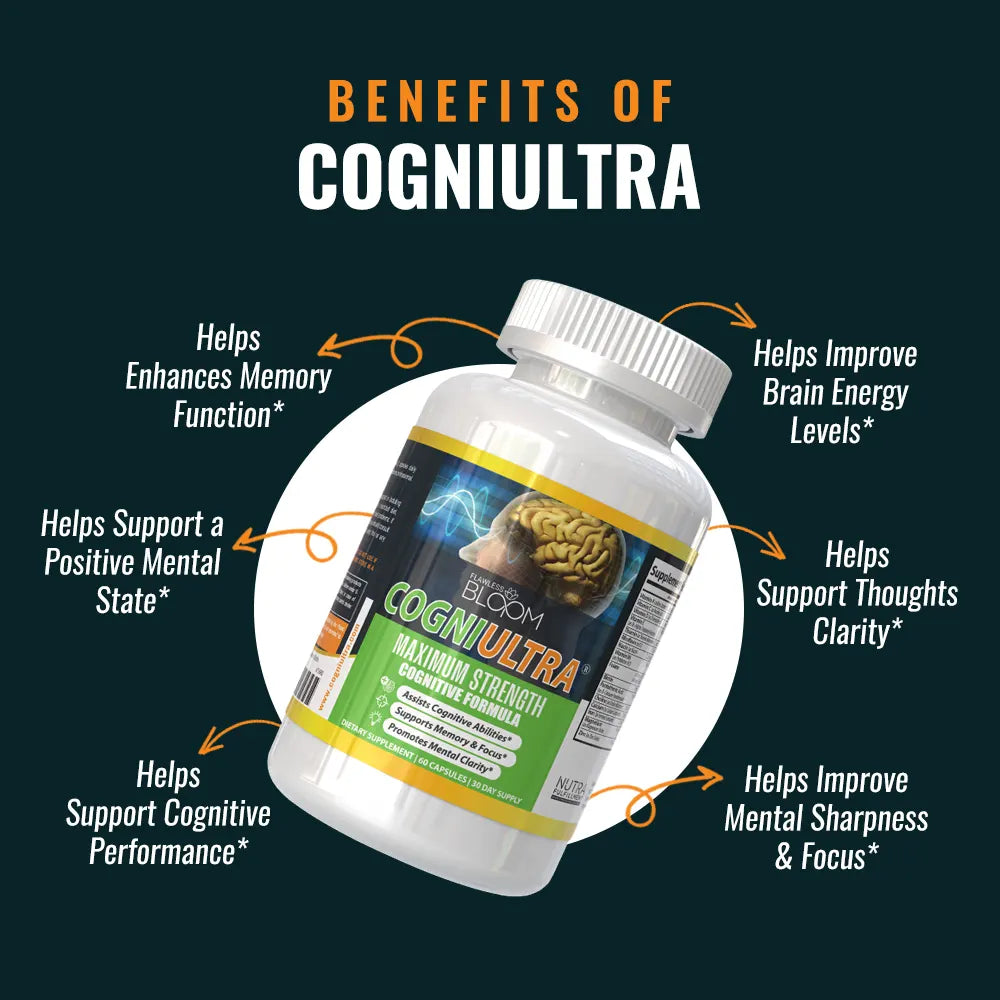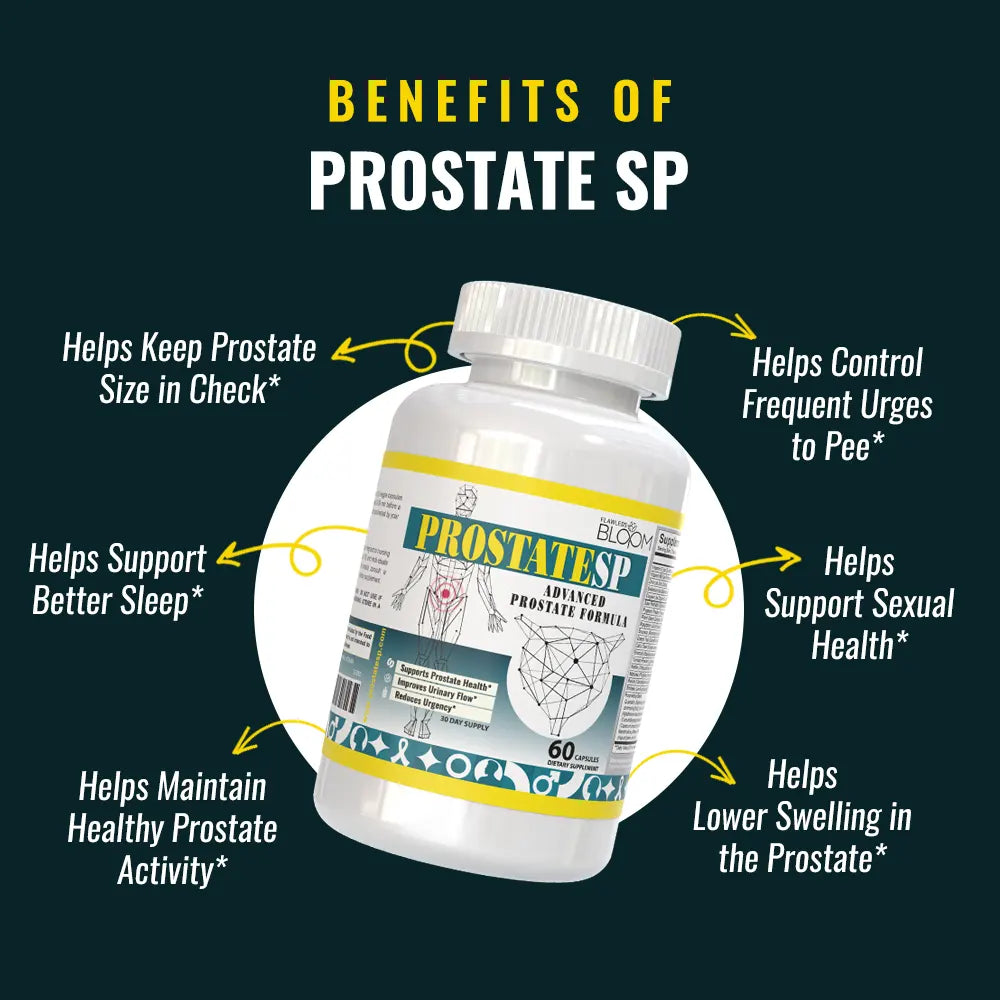When to Take Vitamin D: Best Time for Maximum Effectiveness
Wondering whether to take Vitamin D in the morning or at night? This guide explains the benefits of each and helps you decide the best timing to maximize your Vitamin D intake.
Advertiser Disclosure: We independently select all the products. If you click through links we provide, we may earn a commission.

Why Timing Matters
Vitamin D is often called the "sunshine vitamin" for good reason – it plays a crucial role in keeping our bones strong, boosting our immune system, and even supporting our mood. But here's a question that puzzles many supplement-takers: when to take vitamin D – does it really matter if you pop that pill in the morning with your coffee or at night before bed?
The truth is, while vitamin D is essential for your health, the best time to take vitamin D isn't as straightforward as you might think. The timing can actually affect vitamin D absorption and how well your body uses this important nutrient. Whether you're a team morning or a team night, this guide will help you figure out the optimal schedule based on science, your lifestyle, and what works best for your body.
So, should you take vitamin D morning or at night? Let's dive into the research and find out what really matters for getting the most out of your supplement routine.
How Vitamin D Works in the Body?
Before we tackle timing, let's understand how vitamin D works in your system. Vitamin D is pretty unique because it acts as both a vitamin and a hormone in your body – talk about multitasking! Once you take your supplement (or get some sun exposure), your liver and kidneys work together to convert it into its active form.
The vitamin D function in your body is impressive. It helps your intestines absorb calcium more efficiently, which is why it's so important for bone health.
But that's not all – this powerhouse nutrient also supports your immune system, helping your body fight off infections and illnesses. Many people don't realize that vitamin D benefits extend to mood regulation too, which is why some folks feel more upbeat during sunny summer months. It’s also worth mentioning that vitamin D naturally supports brain health and is often included in brain-boosting supplements aimed at boosting cognitive function.
Here's the key point about timing: your body thrives on consistency. Whether you choose morning or evening, sticking to the same schedule helps maintain steady vitamin D levels in your bloodstream. Think of it like watering a plant – regular, consistent care works better than sporadic attention.
According to Lori Leonard- Chief Medical Officer at Mindset & Body Reset
Vitamin D supplements along with outdoor activities, as this combination helps support both mental well-being and physical health through better sleep patterns and stronger immune function.
Morning Vs Night: What Research and Experts Say
 Benefits of Taking vitamin D
Benefits of Taking vitamin D
Most studies focus on how much vitamin D you need, not when to take it. The research on timing is still pretty thin. But we do have some clues about the best approach.
Morning seems to win in most expert opinions. Taking vitamin D in the morning fits with your body's natural rhythm. Your vitamin D circadian rhythm works best when it matches the sun's pattern.
Dr. Michael Holick from Boston University says morning intake works well with how our bodies evolved. “But I do advocate sensible sun exposure—10 to 15 minutes a couple of times a week between 10 and 3,” he notes. This suggests morning timing feels more natural to our systems.
Some people worry about taking vitamin D at night because it might mess with sleep. A few small studies suggest high doses at bedtime could make some people feel restless. But this doesn't happen to everyone.
The truth is, vitamin D and sleep research shows mixed results. Some people sleep fine after taking it at night. Others feel more alert and have trouble falling asleep.
Most doctors agree that consistency beats perfect timing. Taking your vitamin D at the same time daily matters more than the exact hour you choose.
During our research, we came across an insightful video by @DrBerg. Discover the ideal time to take vitamin D to enhance your sleep quality.
Factors That Influence Timing
Several things affect when you should take your vitamin D supplement. Let's look at the key factors that matter most.
1. Food and Absorption
Vitamin D with food works much better than taking it alone. This nutrient needs fat to get absorbed properly. Fat-soluble vitamins like vitamin D, A, E, and K all work this way.
2. Morning vs. Evening Routine
Eating your vitamin D with breakfast makes sense for most people. Morning meals often include eggs, yogurt, or nuts. These foods have the healthy fats your body needs for good D3 absorption.
Your daily routine also matters. If you take other pills in the morning, adding vitamin D keeps things simple. If you eat your biggest meal at dinner, that might work better for you.
3. Sleep Sensitivity
Some people notice changes in their vitamin D and sleep quality when they take it late. If you're sensitive to supplements affecting your rest, stick to morning doses.
4. Supplement Type
The type of supplement you take can matter too. Quick-absorb forms might hit your system faster. Slow-release versions spread out over time. Check your bottle to see what type you have.
5. Work Schedule
Your work schedule plays a role as well. Night shift workers might do better taking vitamin D before their "morning" (even if it's 6 PM). The key is matching it to when you normally eat meals.
Expert Recommendations
Leading health experts share similar advice about vitamin D timing. Their guidance focuses on practical steps that work for most people.
A small study by Dr. Mulligan and Dr. Licata found that taking vitamin D, whether D2 or D3, with the largest meal of the day increased vitamin D levels in the blood by an average of 50%. This suggests that vitamin D absorption is significantly improved when taken with a meal, especially one containing fat.
The key to taking vitamin D is consistency—it’s less about the time of day and more about making it a daily habit.
Most doctors recommend vitamin D guidelines suggest morning intake for practical reasons. People tend to remember morning pills better. Morning meals often include dairy, eggs, or other foods with fat.
However, what matters most is pairing vitamin D with your meal that has the highest fat content, whether that’s breakfast, lunch, or dinner.
Many nutrition experts also stress the importance of getting your levels checked. Dr. Bruce Hollis recommends blood tests to assess vitamin D levels, ensuring accurate supplementation based on individual factors like skin color, sun exposure, and health status.
According to Sarah Mitchell, Registered Dietitian
Vitamin D is essential not only for bone health but also for immune function and cognitive support. Consistent daily intake, ideally with a meal containing healthy fats, maximizes absorption and helps maintain steady blood levels crucial for overall wellness.
Best Practices for Taking Vitamin D
Getting the most from your vitamin D supplement requires some simple steps. These tips help your body absorb and use this important nutrient.
- Pair with Healthy Fats: How to take vitamin D starts with pairing it with the right foods. Healthy fats boost absorption significantly. Try taking your pill with avocado toast, a handful of nuts, or eggs cooked in olive oil.
- Stick to a Daily Routine: Building a vitamin D supplement routine keeps you on track. Pick the same time each day and stick to it. Many people link it to their morning coffee or evening dinner. This makes it harder to forget.
- Simple Food Pairings: Vitamin D food pairing doesn't need to be complex. Even a small amount of fat helps. A glass of whole milk, a piece of cheese, or a spoonful of nut butter does the job.
- Store Properly: Store your pills properly to keep them fresh. Keep them in a cool, dry place away from direct sunlight. Heat and moisture can break down the vitamin over time.
- Avoid with Coffee or Tea: Don't take your vitamin D with coffee or tea alone. These drinks don't have the fat you need for good absorption. Add some milk or eat a small snack with healthy fats.
- Handling Missed Doses: If you forget a dose, take it as soon as you remember. Don't double up the next day. Just get back to your normal routine and keep going forward.
Common Myths About Vitamin D Timing
Many false claims about vitamin D timing spread online. Let's clear up these vitamin D myths with facts.
Myth: "You must take vitamin D at sunrise to match the sun."
This isn't true. Your body doesn't need to sync supplement timing with daylight hours. What matters is consistent daily intake with food.
Myth: "Vitamin D makes you sleepy, so take it at night."
Some people think this, but vitamin D doesn't work like a sleep aid. In fact, some people feel more alert after taking it. This is why many experts suggest morning timing.
Another myth claims you should you take vitamin D at night for better dreams. There's no science behind this claim. Your dreams don't improve based on when you take your vitamin D.
The myth that "natural vitamin D from sun only works in the morning" is also wrong. Your skin makes vitamin D whenever UV rays hit it, not just at dawn.
Don't believe claims that taking vitamin D with certain foods at specific times "activates" it. Your liver and kidneys activate vitamin D, not your meal timing or food combinations.
When to Talk to Your Doctor
Some people need medical guidance before choosing when to take vitamin D. Certain health conditions and medications require extra care.
Vitamin D Deficiency and Monitoring
People with vitamin D deficiency often need higher doses and closer monitoring. Your doctor might suggest specific timing based on your blood test results. Severe deficiency sometimes requires prescription-strength doses.
Medication Interactions
If you take medications, timing might matter more. Some drugs work better or worse when taken with vitamin D. Blood thinners, seizure medications, and certain heart drugs can interact. Always check vitamin D levels with your doctor if you take other medications.
Digestive Issues and Absorption
Digestive issues can affect how you absorb vitamin D. Crohn's disease, celiac disease, and other gut problems might require special timing or forms of the supplement. Your doctor can help you find what works best.
Vitamin D Guidance for Older Adults
Older adults often need more guidance too. As we age, our bodies don't absorb nutrients as well. Your doctor might suggest taking vitamin D with specific meals or at certain times.
Special Considerations for Kidney or Liver Disease
People with kidney or liver disease need careful monitoring. These organs process vitamin D, so disease can affect how your body uses it. Don't guess about timing if you have these conditions.
Adjusting for Side Effects
Consult a doctor for vitamin D advice if you feel worse after starting supplements. Some people experience headaches, nausea, or sleep changes. Your doctor can help adjust your dose or timing to fix these issues.
Conclusion
The best time to take vitamin D is the time you'll actually remember to take it. Consistency wins over perfect timing every single time.
Morning or night, vitamin D can work well. Most experts lean toward morning because it fits natural body rhythms. It also helps you avoid any chance of sleep disruption.
Your best routine for vitamin D should match your life. If you eat breakfast every day, take it then. If dinner is your main meal, that works too. The key is picking a time and sticking to it.
Remember to take your vitamin D with food that contains some fat. This simple step can double or triple how much your body absorbs. Even a small amount of healthy fat makes a big difference.
Don't stress too much about perfect timing. Taking vitamin D regularly, even at different times, beats not taking it at all. Your body will use what you give it, whenever you give it.
If you're still unsure, try morning first. Most people find this works well with their daily routine. You can always switch to evening if morning doesn't work for your schedule.
The most important thing is starting and staying consistent. Your bones, immune system, and overall health will thank you for making vitamin D a daily habit.
FAQs
References
Flawless Bloom has strict sourcing policies and relies on primary sources such as medical organizations, academic institutions, governmental agencies, and peer-reviewed scientific journals. Read more about how we ensure our content is accurate, thorough, and unbiased by reading our editorial process.
- Vitamin D and Intestinal Calcium Absorption - PMC https://pmc.ncbi.nlm.nih.gov/articles/PMC3405161/
- Sunny Dispositions and Vitamin D | BU Today https://www.bu.edu/articles/2010/sunny-dispositions-and-vitamin-d/
- Can You Take Vitamin D as a Sleep Aid? | St Vincents Medical Center https://stvincents.org/about-us/news-press/news-detail?articleId=58408&publicid=745
- Taking vitamin D with the largest meal improves absorption and results in higher serum levels of 25-hydroxyvitamin D - PubMed https://pubmed.ncbi.nlm.nih.gov/20200983/
- Visiting Researcher Links Vitamin D Levels | CPD Blog | USU https://idrpp.usu.edu/blog/2017/vitamin-d-levels









